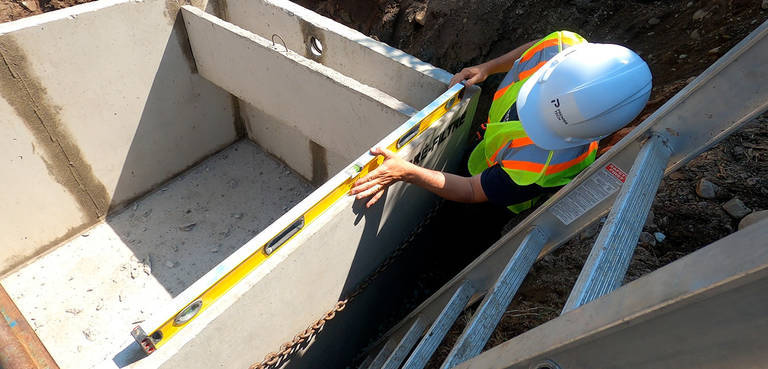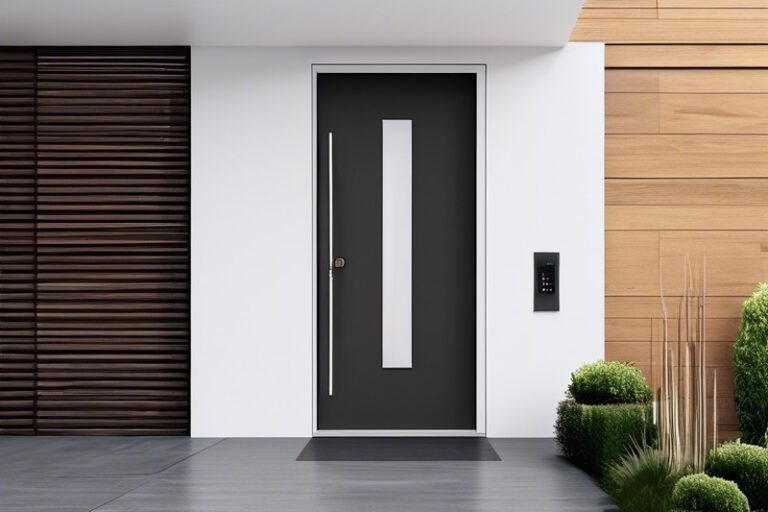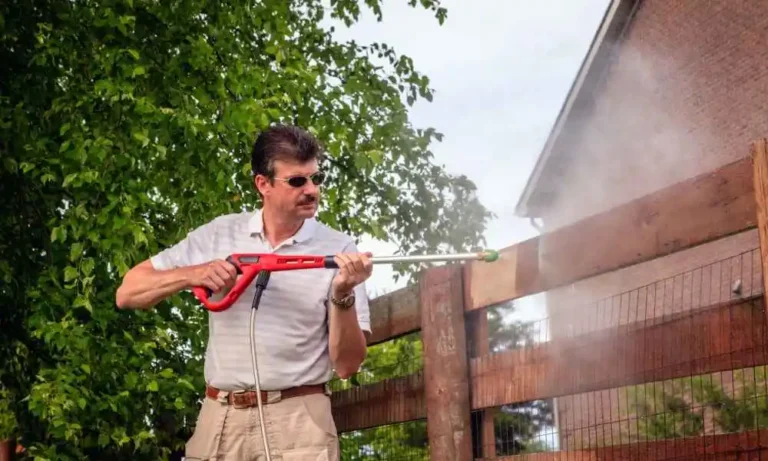
If you’re thinking about installing a new septic system or replacing an old one, it’s important to understand the process. Here are six key things to consider before starting a septic system installation:
More info about septic tank installation in Thunder Bay
1) Check Local Regulations
Each area has its own rules for septic system installation. Make sure to check with local authorities to find out about any permits, consents, or clearances needed before you begin. They may also have specific requirements for wastewater treatment, such as filtration or ozone treatment, to protect the surrounding area. Always make sure you’re following the rules set by your regional council.
2) Soil and Land Evaluation
Before installing a septic system, many areas require a soil evaluation. This involves an expert analysis of the soil to determine the type of septic system you need. The evaluation helps decide where the septic tank and soakage area will go, as well as how large the soakage area should be. It ensures the system works properly and is safe for the environment.
3) Location and Landscaping
The location of your septic system is crucial. It involves placing several components, such as the tank, pipes, and leach field. You may need to move plants or bushes if their roots could interfere with the system. Discuss your landscaping and placement options with the company installing the system to make sure it’s placed in the most efficient and safe location.
4) Septic System Options
Once the soil evaluation is complete, the installation company will suggest different septic system options for your property. They will also help determine if any advanced treatment methods are necessary for your wastewater. When choosing the size of the septic tank, think about your current needs and future ones—if you plan to sell the property later, a small tank may deter future buyers, especially if the family size is larger.
5) Costs Involved
Installing a new septic system can be expensive. There are several costs, including fees for the engineer, permits, inspections, the system itself, and installation. If you’re replacing an old septic system, you’ll also need to budget for proper disposal. It’s important to get a clear breakdown of all costs before starting the project to make sure you’re prepared.
6) Maintenance
Septic systems need regular maintenance to stay in good working condition. Some systems require annual servicing. Be sure to ask the installer about maintenance options and any additional costs. Regular upkeep is essential to avoid system failure and ensure the longevity of your septic system.
By understanding these key points, you can better prepare for installing a new septic system and ensure everything goes smoothly.
;
;






